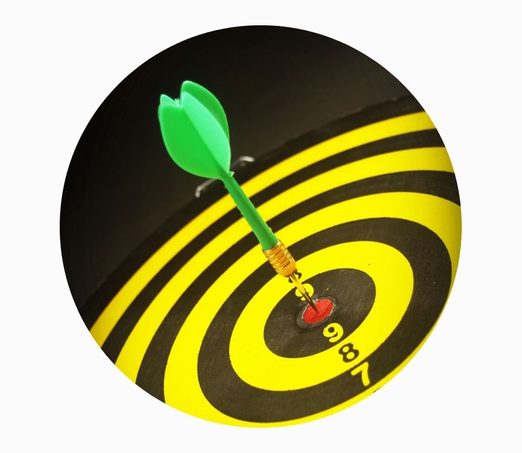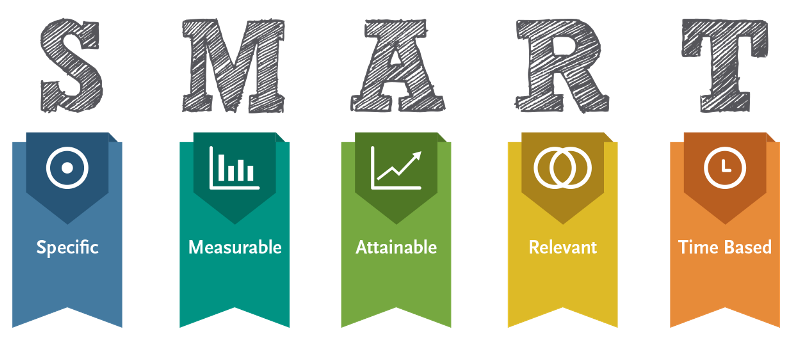|
For more information about the NDIA and our registration please click here
NDIS Registration Number: 405 003 6622
|
Contact Usphone:
Donna 0432 414 210 Barbel 0468 312 515 Diana 0450 739 514 PO BOX 882 Marrickville NSW 1475 |
SoverACKNOWLEDGEMENT
We acknowledge that our work is conducted on the lands of Aboriginal and Torres Strait Islander nations.
We pay our respects to Elders past, present and future, for they hold the memories, traditions, Cultures and aspirations of Aboriginal and Torres Strait Islander communities. Sovereignty was never ceded.
We acknowledge that our work is conducted on the lands of Aboriginal and Torres Strait Islander nations.
We pay our respects to Elders past, present and future, for they hold the memories, traditions, Cultures and aspirations of Aboriginal and Torres Strait Islander communities. Sovereignty was never ceded.
futures in sight - copyright: 2024


 RSS Feed
RSS Feed

